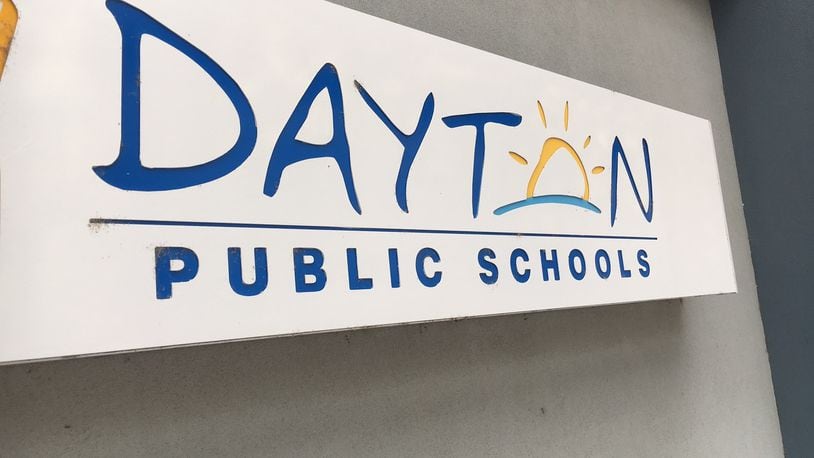Two other former teachers — Christine Morris and Jeffery Leon Smith — each received about two months of unearned pay amounting to $8,782 and $4,580, respectively.
I-TEAM PAYROLL PROJECT: Search teachers’ salaries
Former Assistant Principal Daniel Gibson was paid $2,570 in advance for the first pay period of the school year, but did not work the entire pay period, so he only earned $1,472, according to the audit.
“The fact that multiple errors flew under the radar for so long is a clear indication that stronger internal controls are needed moving forward,” state auditor Dave Yost said.
Dayton schools Treasurer Hiwot Abraha said her office discovered the mistake in early 2017 as part of the internal auditing they started after she became treasurer about a year and a half ago. The district alerted Yost to the issue during the state audit.
“We checked the district’s financial transactions and we caught it,” she said. “We have been trying to recover the money.”
None of the employees are currently working in the district.
TRENDING: Ohio may force drivers to ‘move over’ for garbage trucks
Abraha said the problem occurred because departments weren’t notifying the payroll department when employees’ status would change.
District officials say they are installing time clocks in all district buildings and anticipate having them in place by June 30.
“Once implemented, these time clocks will provide accurate attendance information in which every employee of the district will have to clock in to indicate when he or she is present at a school building,” the district wrote in a corrective action plan in the audit.
Abraha said district officials are in communication with the former workers and hope to collect all the money by the next audit in the fall.
EDUCATION: What are local schools doing to upgrade security?
The district recouped $1,609 from Morgan’s pension contributions and unused leave. Another $2,652 was withheld from Morris’ pay during the summer. Gibson entered into a payment plan of $45.77 per month for 24 months starting in November.
Auditors issued findings for recovery totaling $21,977 against the four individuals, which took into consideration the amount of money that was already recouped.
The audit also found the district failed to maintain records for $84,537 in salaries and benefits charged to federal grants. One employee paid under the grant never worked on the grant, according to the audit. This money doesn’t have to be repaid, but auditors said the district should establish better controls or risk losing federal funding.
State auditors have identified misspending in three of the last four DPS audits by the state. Last year, Yost’s office chided the district for making an advance payment of $19,600 to a vendor before a field trip but not getting invoices that would have showed the actual costs were $6,593 less than what DPS paid. The vendor reimbursed the money.
RELATED: Dayton Public Schools audit released by state auditors
Dayton School Board President William Harris, who joined the board in November, said the audit findings are “disappointing.”
“As a new board member, I was not aware of the previous audits, but I will say that it’s obvious we have some internal issues to deal with in terms of (human resources) and our treasurer’s office, and I will be trying to resolve these issues ASAP,” he said. “We will be investigating.”
Abraha said she is pleased that the audit is better than they have had in previous years and called the findings “very, very, very minute” in the context of the district’s $400 million budget.
Beth Gianforcaro, a spokesman for Yost’s office, noted an internal auditor hired two years ago has been uncovering problem areas.
“The district is making progress but it needs improvements in their operations as indicated in our recent audit,” she said.
About the Author
